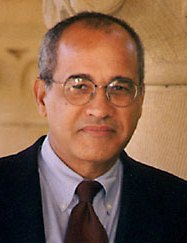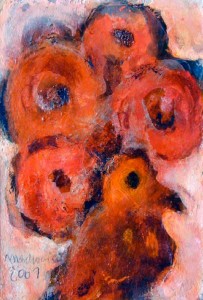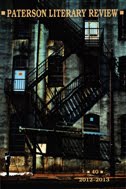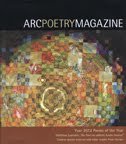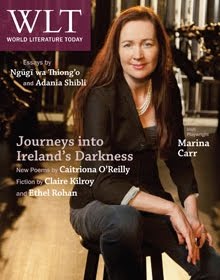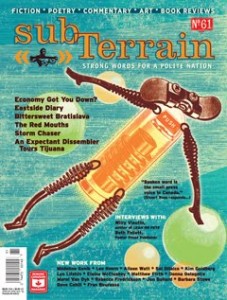New Lit on the Block :: BLACKBERRY
BLACKBERRY is a new quarterly magazine available in print and as digital copy that “aims to be a premier literary magazine featuring black women writers and artists. Its goal is to expose readers to the diversity of the black woman’s experience and strengthen the black female voice in both the mainstream and independent markets.” The magazine features non-fiction, fiction, all forms of poetry, photography and artwork.
Editor Alisha Sommer said that the name was inspired from the phrase “the blacker the berry, the sweeter the juice” when she was wandering around the French Quarter. “BLACKBERRY: a magazine is born out of my passion to giving others a voice,” she says. “It will give African-American women a new platform to share their art. Our voice is one that is often silenced, and BLACKBERRY: a magazine will be our megaphone.” During a visit to the New Orleans Museum of Art, she “disappointed that a city with such a large black population did not have a significant representation of black artists. The feelings I felt that day,” she says, “were the same feelings that have been sitting with me for the past year: disappointment and confusion. After having a conversation with a friend about the need to help women of color gain access and give them exposure, I decided that it was time to act.”
The first issue features art and photography by Danielle Boodoo-Fortuné, Jessica Valoris, Jessica Serran, Danielle Scrugs, Eleanor Leonne Bennett, Danielle Scrugs, Keondra Bills, and Margaret Jacobsen; non-fiction by Ekua Adisa and Nikita T. Mitchell; poetry by Nia Hampton, Jessica Valoris, Raquelle Mayoral, Amina Ross, Rose Smith, Arianna Payson, Celeste Jona, Athena Dixon, Althea Romeo-Mark, Leesa Cross-Smith, Keondra Bills, Keyaira Olivia Kelly, Artemis Steakley-Freeman, Samantha BanDavad and Stephania Byrd; and prose by Debra Stone and Jessica Lynne.
Submissions are accepted through Submittable and should be inspired by the issue’s theme. The next theme is “Belief,” and submissions are due by August 1, 2012.

